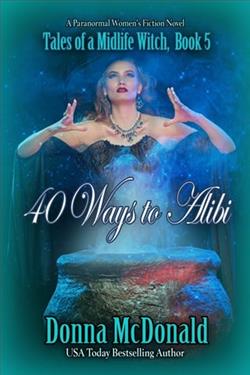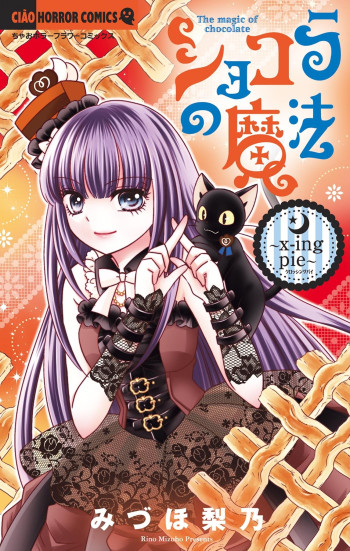Martial Peak Reviews
Donna McDonald’s 40 Ways to Alibi is a refreshing dive into a world where magic, personal growth, and the complexities of relationships intertwine seamlessly. This novel stands out not just for its engaging plot but for its deep exploration of themes that resonate with readers who find themselves at crossroads in life, questioning their past choices and contemplating their future.
At the heart of the story is our protagonist, a woman who is refreshingly candid about her priorities. She is not preoccupied with societal expectations of beauty or desirability. Instead, she is grappling with the more profound question of whether she can reinvent herself after a significant setback—seven years in prison. This premise sets the stage for a narrative that is as much about self-discovery as it is about the external challenges she faces.
One of the most compelling aspects of McDonald’s writing is her ability to create a protagonist who is both relatable and inspiring. The protagonist’s journey is not just about reclaiming her magical abilities but also about redefining her identity and purpose. Her concerns about learning something new at her age are universal, echoing the fears and hopes of many who find themselves at a similar juncture in life. This theme of reinvention is handled with sensitivity and depth, making the character’s journey both believable and engaging.
The supporting characters in 40 Ways to Alibi add layers of complexity and humor to the narrative. The interactions with Mulan’s parents and the enigmatic Wu Shaman provide a cultural and mystical backdrop that enriches the story. The whispers and unspoken judgments from Mulan’s parents serve as a metaphor for societal pressures and the often-unseen barriers that individuals face when trying to move forward. The reluctance of the Wu Shaman to translate these whispers adds an element of mystery and tension, keeping readers intrigued.
Moreover, the protagonist’s relationships with her guardian boyfriend and the far darrig friend offer a nuanced look at personal connections. These relationships are not just plot devices but are integral to the protagonist’s growth. The guardian boyfriend’s attempts to reconcile highlight themes of forgiveness and the complexities of romantic relationships, while the far darrig friend’s need for refuge underscores themes of acceptance and belonging. McDonald skillfully weaves these relationships into the protagonist’s journey, making them pivotal to her transformation.
McDonald’s narrative style is both engaging and accessible, making 40 Ways to Alibi a page-turner. Her use of humor and wit adds levity to the story, balancing the more serious themes of redemption and self-discovery. The dialogue is sharp and often laced with sarcasm, reflecting the protagonist’s resilient and no-nonsense personality. This blend of humor and depth is reminiscent of works by authors like Charlaine Harris, known for her Sookie Stackhouse series, where supernatural elements are intertwined with everyday human experiences.
In terms of world-building, McDonald excels at creating a setting that is both magical and grounded in reality. The magical elements are seamlessly integrated into the protagonist’s world, enhancing the narrative without overshadowing the core themes. This balance between the fantastical and the real is a testament to McDonald’s skill as a storyteller, allowing readers to immerse themselves fully in the protagonist’s journey.
Overall, 40 Ways to Alibi is a compelling read that offers more than just an escape into a magical world. It is a story about resilience, the courage to embrace change, and the power of self-discovery. McDonald’s ability to create a protagonist who is both flawed and formidable makes this novel a standout in the genre. Readers who enjoy stories of personal transformation set against a backdrop of magic and mystery will find much to love in this book.
For those who appreciate character-driven narratives with a touch of the supernatural, 40 Ways to Alibi is a must-read. It is a testament to the idea that it is never too late to start anew, to learn, and to grow. McDonald’s novel is not just a story; it is an invitation to reflect on our own lives and the possibilities that lie ahead.
























Reviews 0
Post a Reviews: